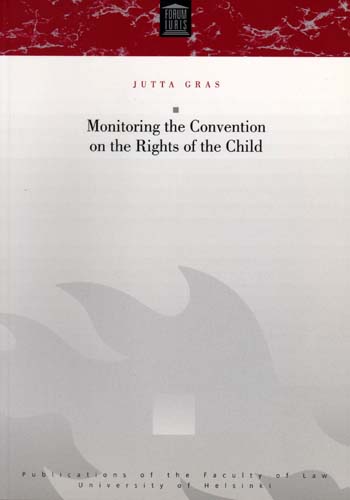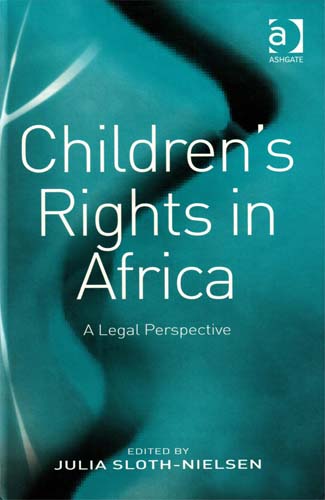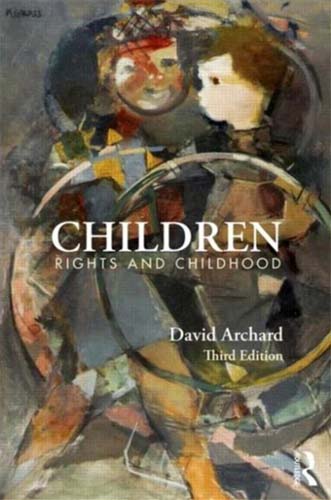
A Commentary on the United Nations Convention on the Rights of the Child
This book provides a commentary on the United Nations Convention on the Rights of the Child, which was adopted by the General Assembly of the United Nations on 20 November 1989. Part One contains a general introduction to the Convention on the Rights of the Child, and deals with matters such as the drafting history, the contents, direct application, horizontal effects, limitations, the Committee on the Rights of the Child, and the Convention’s final provisions. Part Two contains an article-by-article commentary, the aim of which is not to give an interpretation of the precise nature and scope of States parties’ obligations but, rather, to identify the materials, or sources, which provide guidance in that regard. In the identification of such materials, attention has been paid to the general rules of treaty interpretation, as set forth in the Vienna Convention on the Law of Treaties.
© Martinus Nijhoff Publishers





